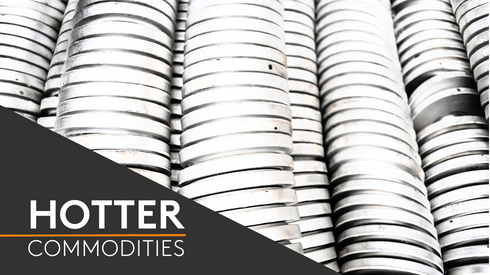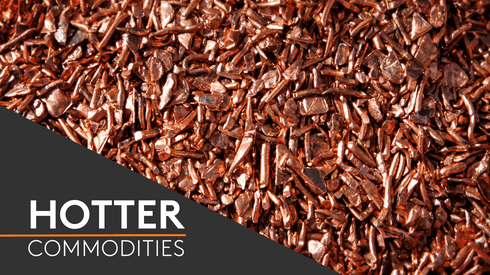The company said the decision was in response to reduced market demand for aluminium billet.
Hydro said the curtailments will correspond to an annual production capacity reduction of 110,000-130,000 tonnes of primary aluminium, including production recently taken out for ordinary maintenance and not yet restarted.
In August, Hydro also announced that it was stopping all primary aluminium production at its Slovalco plant in Slovakia by the end of September 2022. This cut was said to be in response to high electricity prices.
“The extraordinary situation in the European economy and energy market is causing market uncertainty and a decline in demand for our aluminium products,” Eivind Kallevik, executive vice president and head of Hydro aluminium metal, said.
The extraordinary situation in the European economy and energy market is causing market uncertainty and a decline in demand for our aluminium products.
“Even if 50% of Europe’s primary aluminium production capacity has been curtailed during the last year, the recent drop in demand is causing a buildup of stock, forcing us to take firm actions,” they added.
The process to curtail production will start shortly, Hydro said, and it is expected that the facilities will reach their new production levels by the end of 2022.
Hydro added that the curtailment will lead to a reduction in power consumption amounting to a total of around 170-200 MW once in full effect.
“While the short-term market trend is falling and uncertainty prevails, underlying market trends longer-term will remain positive due to the rising need for aluminium in support of the European green transition. We believe that with Norway’s strong industry framework conditions, including access to renewable energy, Hydro’s Norwegian aluminium smelters are well positioned to capture the growing market for low-carbon aluminium,” Kallevik said.
Premiums for primary aluminium and aluminium billet have been falling over the last few months, despite smelter cuts in Europe and high energy costs.
Fastmarkets assessed the aluminium P1020A premium, in-whs dp Rotterdam at $365-400 per tonne on Tuesday, down from $400-440 per tonne the week prior. The premium is down significantly from its all-time high of $600-630 per tonne earlier this year.
Billet premiums have also been affected by weakening consumer demand. Fastmarkets assessed the aluminium 6063 extrusion billet premium, ddp North Germany (Ruhr region) at $1,000-1,050 per tonne on Friday, September 23, down from $1,100-1,150 per tonne on August 26.
The premium is down 25% from the beginning of July 2022.





